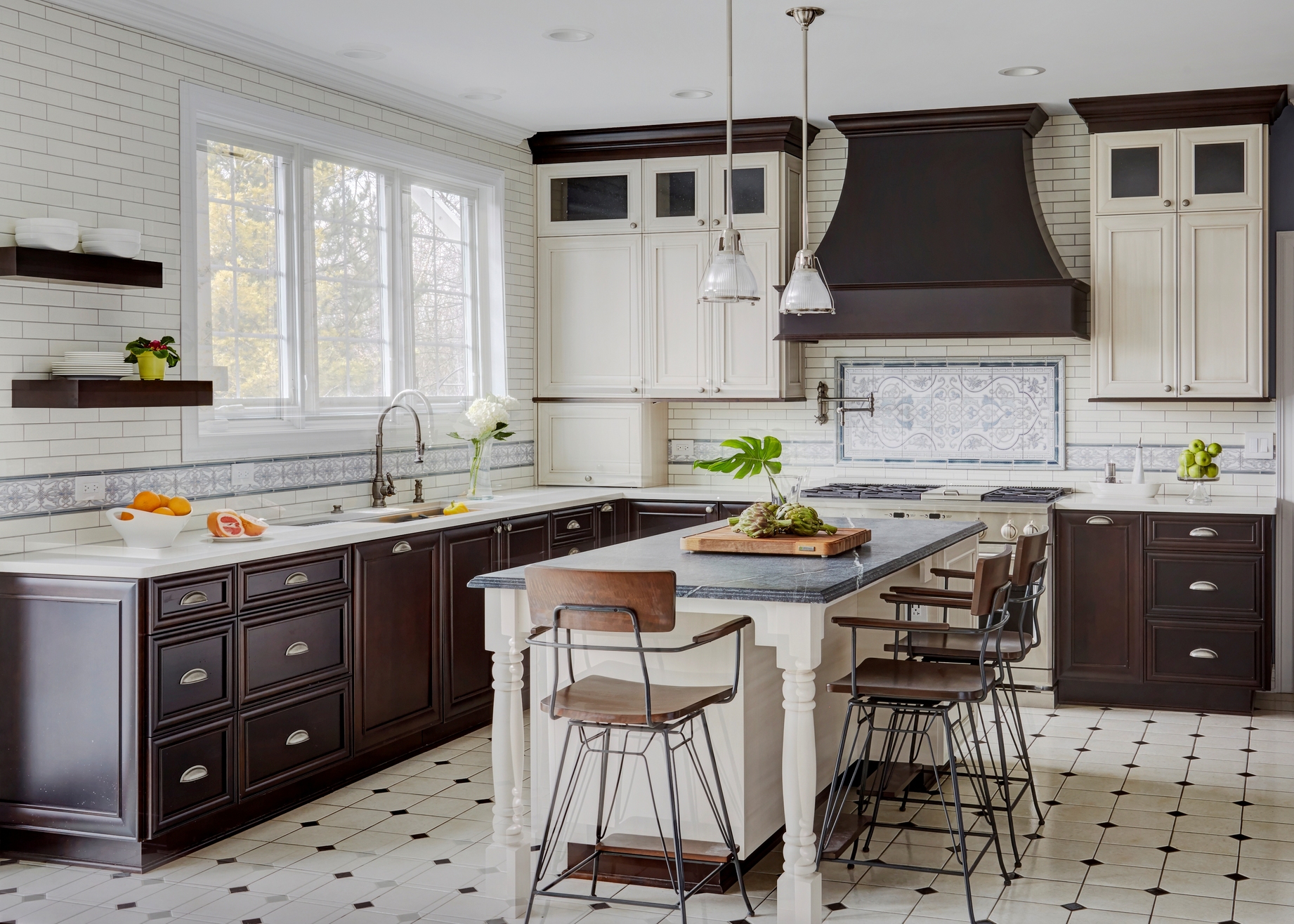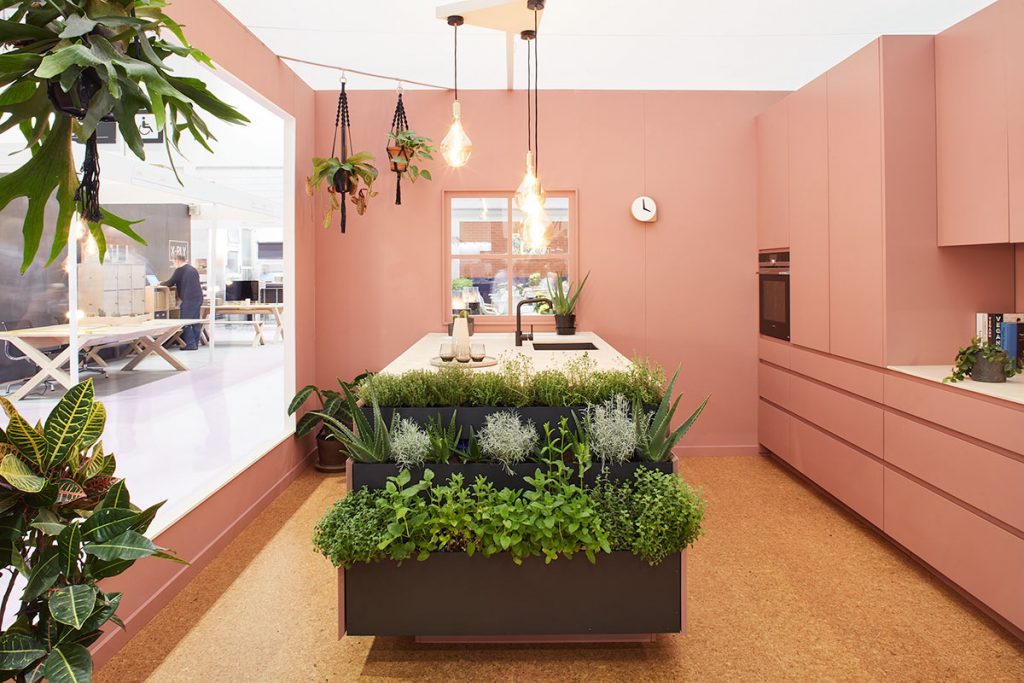Eco-friendly materials for a sustainable kitchen room
Eco-friendly materials for a sustainable kitchen room
The kitchen is one of the most important rooms in the home, and it's also one of the most heavily used. As such, it's important to make sure that your kitchen is as sustainable as possible. Choosing eco-friendly materials for your kitchen can help you reduce your environmental impact and create a healthier space for your family.
Sustainable kitchen materials
There are a wide variety of sustainable materials that can be used in a kitchen. Some of the most popular options include:

- Wood. Wood is a natural material that is renewable and biodegradable. It's also a good insulator, which can help to keep your kitchen cool in the summer and warm in the winter. When choosing wood for your kitchen, look for sustainably harvested wood that has been certified by the Forest Stewardship Council (FSC).
- Stone. Stone is another natural material that is durable and long-lasting. It's also a good insulator, and it can help to create a stylish and luxurious look in your kitchen. When choosing stone for your kitchen, look for materials that are locally sourced and quarried responsibly.
- Metal. Metal is a durable and versatile material that can be used in a variety of ways in the kitchen. It's also a good conductor of heat, which can make it a good choice for countertops and appliances. When choosing metal for your kitchen, look for recycled or recyclable materials.
- Glass. Glass is a clean and modern material that can add a touch of style to your kitchen. It's also a good choice for countertops and backsplashes, as it's easy to clean and maintain. When choosing glass for your kitchen, look for recycled or recyclable materials.
- Bamboo. Bamboo is a fast-growing plant that is renewable and biodegradable. It's also a strong and durable material that can be used in a variety of ways in the kitchen. When choosing bamboo for your kitchen, look for products that are made from sustainably harvested bamboo.
Sustainable kitchen appliances
In addition to choosing eco-friendly materials for your kitchen, you can also make your kitchen more sustainable by choosing energy-efficient appliances. Some of the most energy-efficient appliances include:

- Refrigerators. Energy-efficient refrigerators use less energy to operate, which can help you save money on your energy bills. Look for refrigerators with the Energy Star label, which indicates that the appliance meets certain energy efficiency standards.
- Stoves. Energy-efficient stoves use less energy to cook food, which can also help you save money on your energy bills. Look for stoves with the Energy Star label.
- Dishwashers. Energy-efficient dishwashers use less water and energy to wash dishes, which can help you save money on your water and energy bills. Look for dishwashers with the Energy Star label.
- Washers and dryers. Energy-efficient washers and dryers use less water and energy to wash and dry clothes, which can help you save money on your water and energy bills. Look for washers and dryers with the Energy Star label.
Sustainable kitchen design
In addition to choosing eco-friendly materials and appliances, you can also make your kitchen more sustainable by following some simple design principles. Some of the most sustainable kitchen design principles include:

- Use natural light. Natural light is a free and renewable source of light, so it's a good idea to use as much natural light as possible in your kitchen. This can help you reduce your energy consumption by reducing the need for artificial lighting.
- Maximize airflow. Good airflow can help to ventilate your kitchen and reduce the need for air conditioning. This can help you save money on your energy bills and create a more comfortable kitchen environment.
- Use energy-efficient appliances. Energy-efficient appliances can help you save money on your energy bills and reduce your environmental impact. Look for appliances with the Energy Star label.
- Choose sustainable materials. Choosing sustainable materials for your kitchen can help you reduce your environmental impact. Look for materials that are renewable, biodegradable, and recyclable.
Creating a sustainable kitchen
By following these tips, you can create a sustainable kitchen that is good for the environment and your family. Here are some additional tips for creating a sustainable kitchen:
- Reduce food waste. One of the best ways to reduce your environmental impact is to reduce food waste. Here are a few tips for reducing food waste in your kitchen:
- Plan your meals ahead of time. This will help you avoid buying more food than you need.
- Store food properly. Properly storing food can help to extend its shelf life and prevent it from going bad.
- Cook only what you need. Cooking only what you need can help to reduce food waste.
Comments
Post a Comment